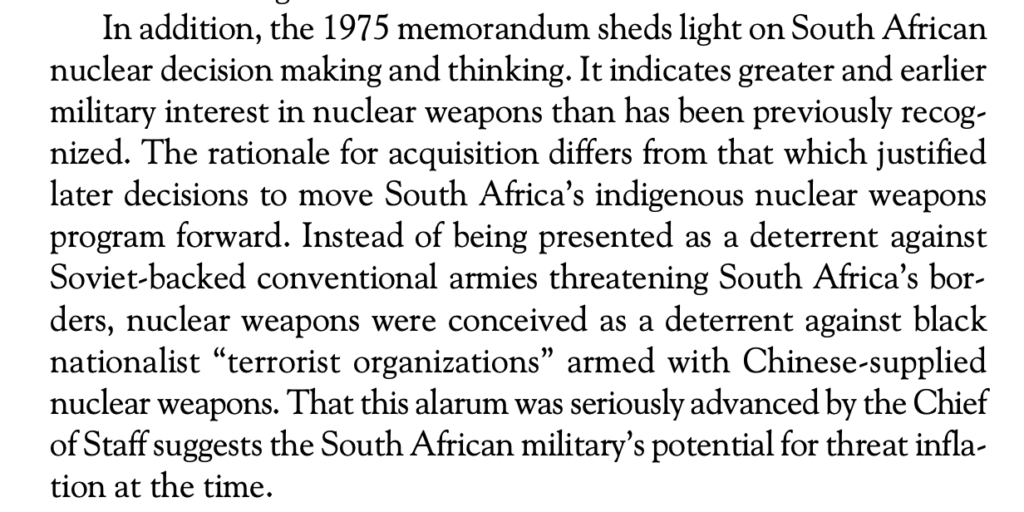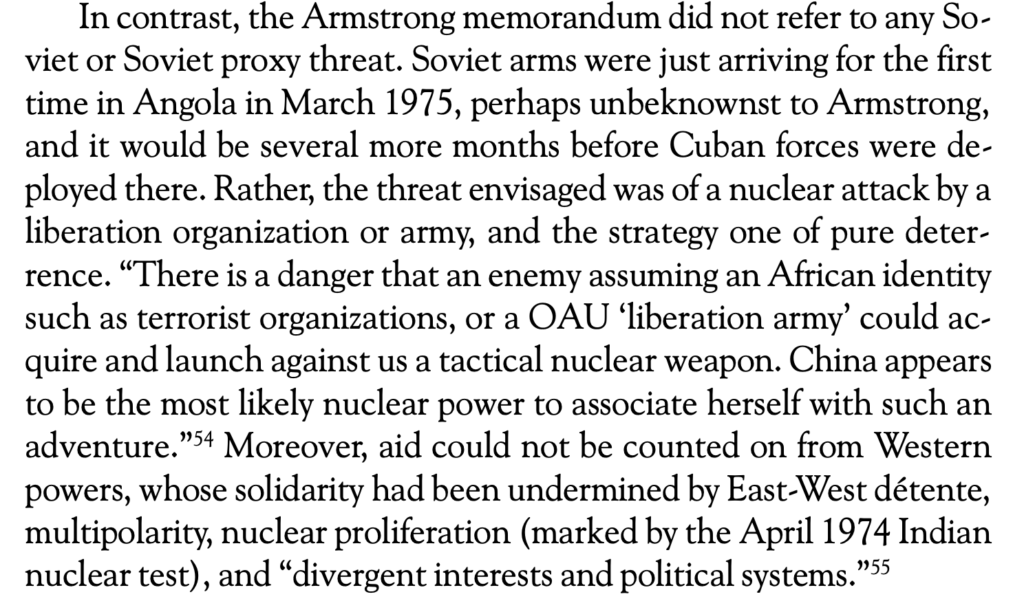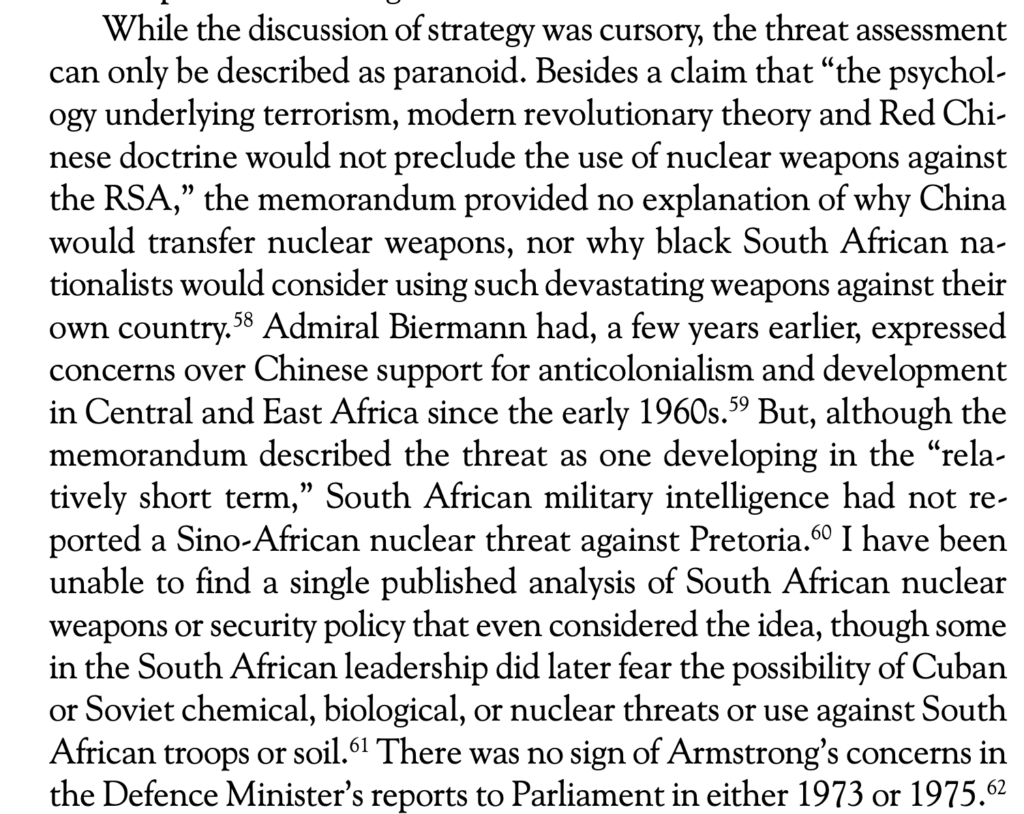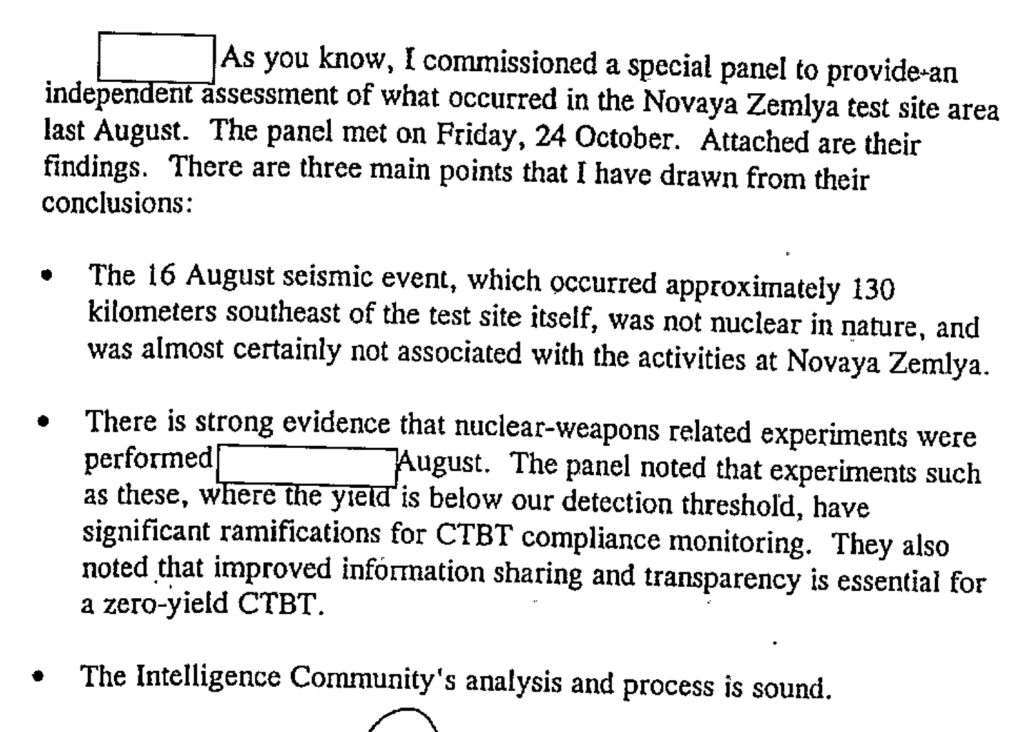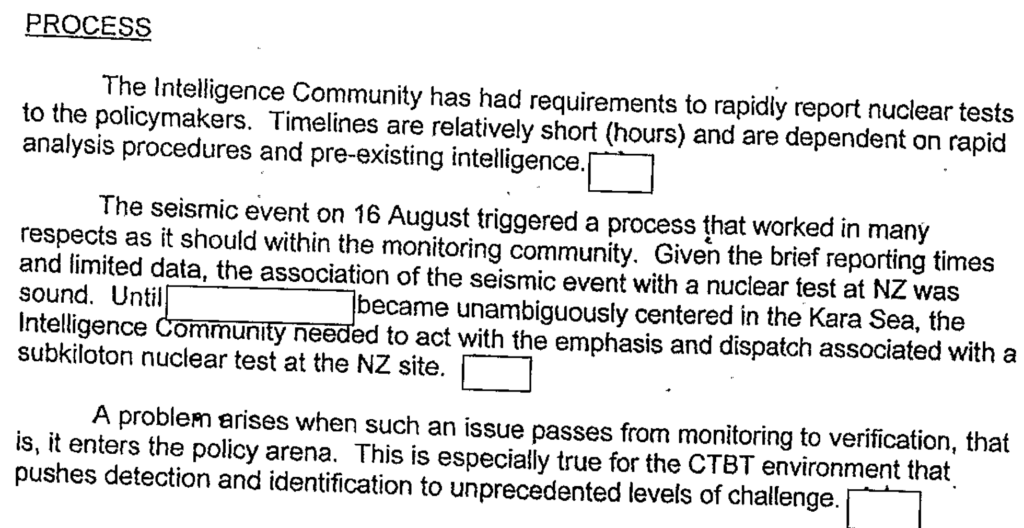Here’s more from the PBS interview with Paul Pillar that I cited the other day. He discusses the politicization of intelligence.
A lot of intelligence analysts were caught up in several things: a previous consensus against which there just wasn’t enough intelligence to challenge it; the consensus being that yes, there were programs. The atmosphere in which they were working, in which a policy decision clearly had already been made, in which intelligence was being looked to to support that decision rather to inform decisions yet to be made, was a very important part of the atmosphere.
Exactly how that may have affected the individual judgments of particular analysts, it’s impossible to say. It probably had some effect, particularly since most of the shortcomings of the analysis we’re talking about come down to matters of nuance, caveat — whether the language is too strong, that sort of thing. There were many, many opportunities for things to be shaded in the preferred direction rather than in another direction.
<snip>
Politicization, real politicization, rarely works that way; that is to say a blatant, crude arm twisting. It’s always far more subtle. It would take the form either of these almost subconscious or subliminal adjustments that dozens of analysts might make in the course of phrasing their judgments, making it a little less nuanced, a little less caveated, which I think is the main basis for criticizing the judgments on weapons of mass destruction in Iraq.
It can take the form of … intelligence assessments that conform with what is known to be the policy having an easier time making it through … than assessments that don’t supply the policy. … This wasn’t an inquiry into how can Iraq threaten the United States; it wasn’t an inquiry into what are Al Qaeda sources of support. It instead was basically research in support of a specific line of argument. That, I think, qualifies for the label “politicization,” even if analysts are doing their best job to maintain their analytic integrity when they make their individual judgments. …
This description echoes other assessments of the politicization of intelligence that most of us have likely read. But I think it’s good to have another data point, especially from Dr. Pillar.

